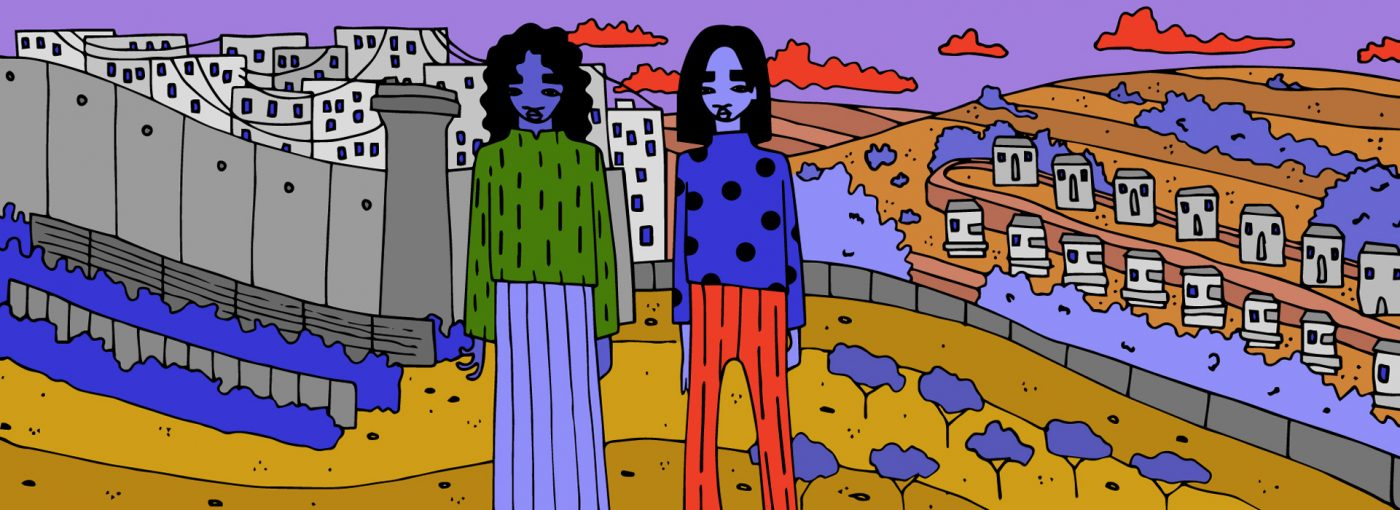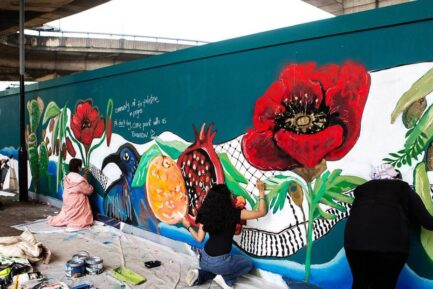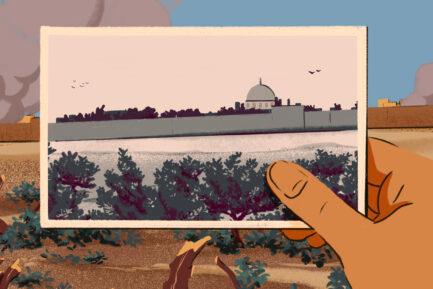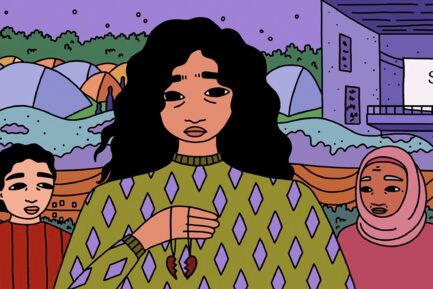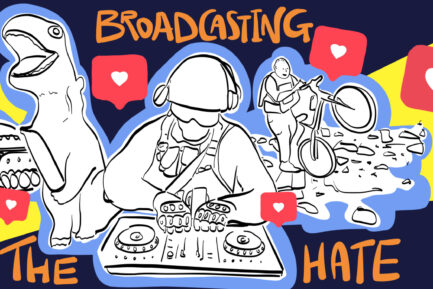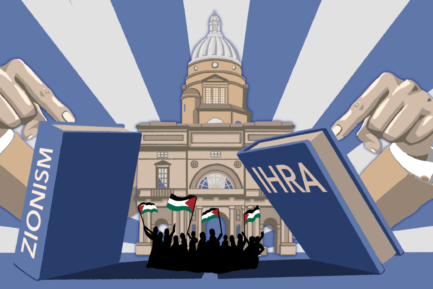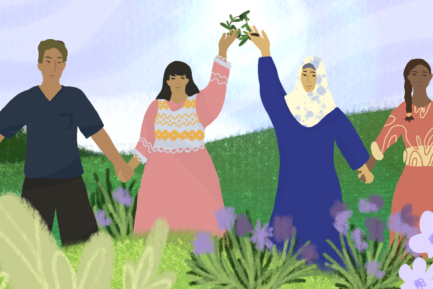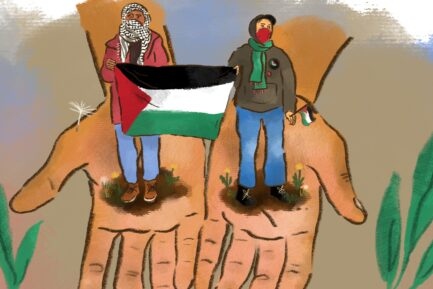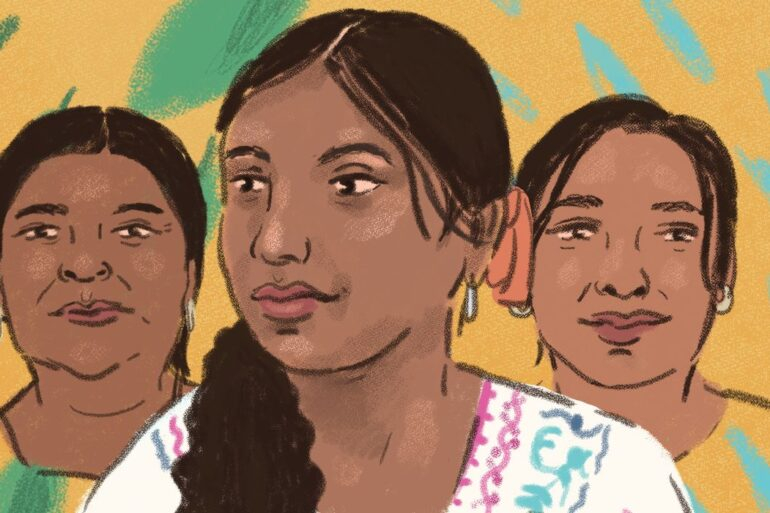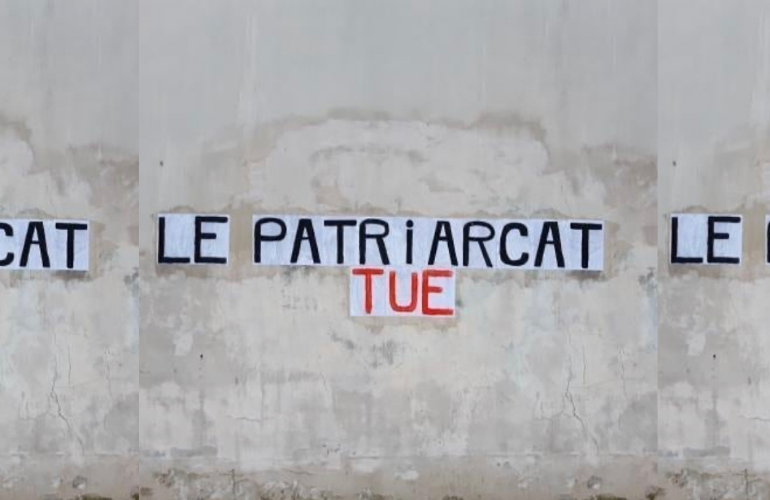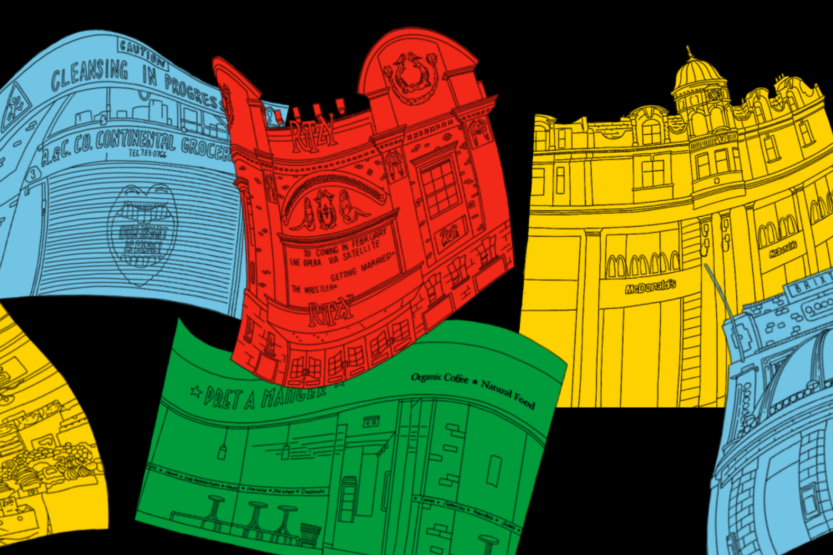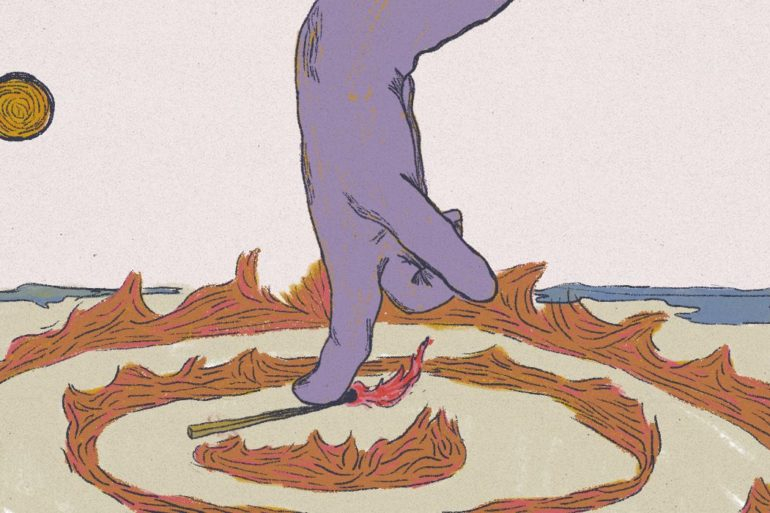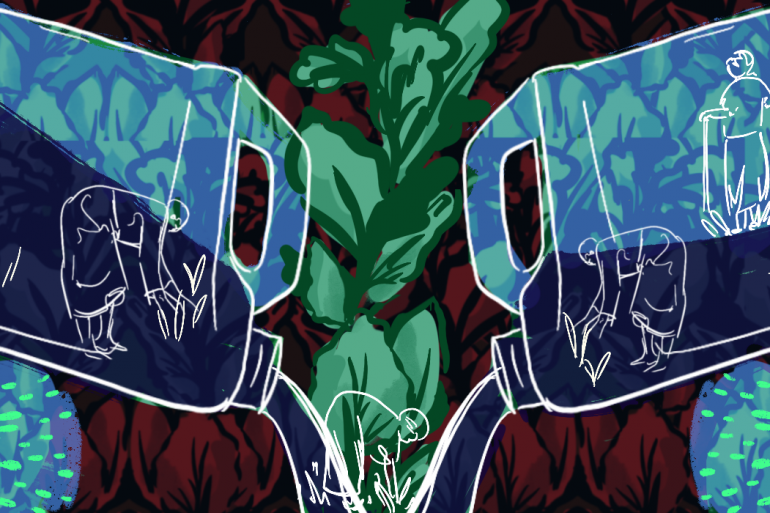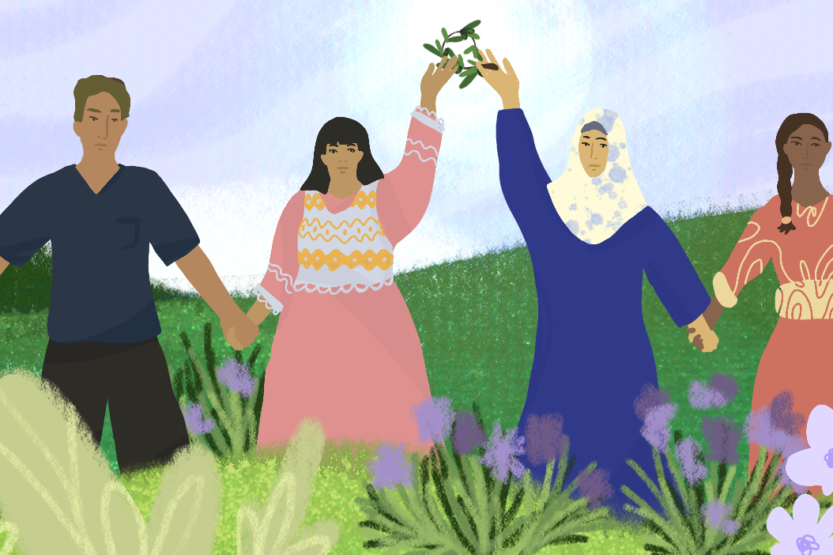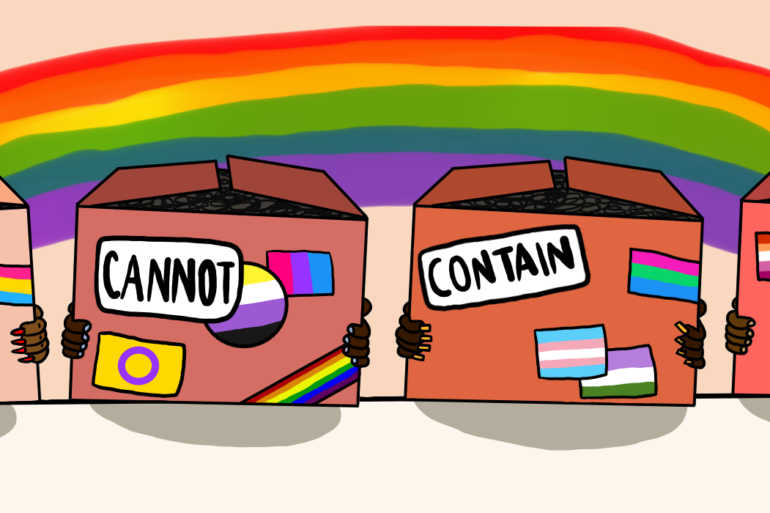For the past 18 years, Israel Apartheid Week (IAW) has offered an opportunity for the international community to mobilise its solidarity with the Palestinian people in their struggle for justice.
Just like History Months or Awareness Days, we don’t want to forget about this struggle after the week is over, but it does offer a good opportunity to reflect, remind ourselves of the importance of this work, and re-vitalise ourselves for the work to come.
What is apartheid?
Taken from the Afrikaans word for ‘apartness’, the term ‘apartheid’ was first coined to describe the system of racial discrimination and segregation that existed in South Africa.
The word has since become enshrined in international law, with the United Nations defining “the crime of apartheid” as “inhumane acts […] committed in the context of an institutionalised regime of systematic oppression and domination by one racial group over any other racial group or groups and committed with the intention of maintaining that regime”.
By that definition, there are many places in this world we could describe as enacting a system of apartheid, including so-called ‘progressive’ Western nations. Even in South Africa, there are many who would question whethera system of apartheid does still exist even after its legal ‘abolition’ in 1994, given thecontinuing systematic racial inequality.
In Israel, a system of racial segregation and oppression is enacted through a legal system which organises citizens into the categories of ‘Jewish’ and ‘Arab’, assigning the latter restricted rights in comparison to the former.
Every aspect of Palestinian life is policed by a military regime, including but not limited to: restricted freedom of movement through the militarised checkpoint system; access to housing, which can be taken from them at any time to make way for Jewish settlers; and persecusion including imprisonment, torture, and murder for opposing the regime.
Resisting apartheid
Understanding Israel as an apartheid state is not only simply true but it is also important in how we frame our resistance.
The founding of IAW in 2004, alongside the Boycott, Divestment, Sanctions (BDS) campaign, utilised the framing of Israel as an apartheid state to argue that the same tactics that were used by the international community to oppose South African apartheid should be used to oppose Israeli apartheid. That is, a non-violent campaign to boycott Israeli goods and services, divest from Israeli companies and institutions, and impose sanctions on the Israeli government is necessary to pressure Israel into ending its apartheid regime.
Understanding Israel as an apartheid state enables campaigns such as those calling for UK Universities to divest the over £450 million they have invested in Israeli apartheid. These investments uphold companies like Caterpillar, which provides armoured bulldozers for the destruction of Palestinian homes and the displacement of Palestinian people. Others includer Hewlett Packard (HP) and Microsoft, which provide military and surveillance software and hardware to the Israeli Defense Force (IDF).
Recognising Israel as an apartheid state also provides a foundation for our tactics of resistance. For example, this open letter signed by 796 individuals and organisations in the UK, including Members of Parliament, students, and the wider public, calls for Universities to end all forms of complicity in all kinds of colonial violence. And this was not just investment portfolios, but careers services that platform companies like BAE Systems, which create parts for attack helicopters used in airstrikes on Palestinians, or research links with Israeli institutions like Technion, developing collaborative research used to develop military technology. Instead of investing in apartheid, we call for Universities and other institutions to invest in communities: in housing, healthcare, universal basic income, anti-racist initiatives, and more.
The limitations of the law
Apartheid framing only gets us so far, though. Yes, Israel is an apartheid state, but an abolitionist view would critique the emphasis that apartheid-focused campaigns place on international law.
The law is not an arbiter of mortality – would we not still oppose apartheid if it were perfectly legal under international law? – and legal apparatuses will not ensure our liberation.
Legal systems create further violence through the use of policing and the violence of prisons, and abolitionists know that the prison and military-industrial complexes will never abolish violence.
Settler colonialism
Looking more deeply, it’s important to understand that Israel is not just an apartheid state, it’s a settler colonial state. In fact, these two facets are inextricable from one another.
Without confronting that, we end up tangled in the sort of cognitive dissonance that allows one to both declare Israel an apartheid state and refuse to take a position on occupation.
In settler colonialism, colonisers are not just interested in manipulating, exploiting, and stealing from the Native land and people from afar, but in removing the Native population in order to ‘settle’ – a misleadingly non-violent word – the land for themselves.
Only through comparisons with other settler colonial states, such as the Americas or Australia and New Zealand, can we fully understand Israeli apartheid. In Israel, the context for apartheid is settler colonialism: a system of apartheid – of displacement, genocide, and institutionalised legal and political control – is what allows the Native Arab population to be gradually diminished in order to make way for a settler population.
As an international community, we need to take responsibility.
The colonial hand of Britain
British sponsorship has played a huge role in enabling settler colonialism since day dot, evident from Theodor Herzl’s appeal for support to infamous coloniser Cecil Rhodes, and the 1917 Balfour Declaration’s expression of formal support from the British government for the Israeli settler colonial project.
Subscribe to shado's weekly newsletter
Exclusive event news, job and creative opportunities, first access to tickets and – just in case you missed them – our picks of the week, from inside shado and out.

When the British mandate of Palestine was established in 1922, it was only a matter of time before they handed Palestine over to a settler regime of ethnic cleansing, displacement and apartheid. Slogans such as “a land without a people for a people without a land” betray the settler colonial logic at the heart of Israeli apartheid: its purpose is to wipe out the Native population to make way for a settler one.
It comes as no surprise, then, that British support of the settler colonial project continues, especially when we also remember Britain’s own ongoing legacy of settler colonialism in North America and Australia.
The difficult truth is that governments, institutions, and companies understand exactly how powerful boycotts, divestment, and sanctions can be.
We see these very institutions condemning and withdrawing from Russia in response to the war in Ukraine, but not for Palestine. Why? Are the lives of people of colour living under oppressive conditions in the Global South simply not important? Is it because we are so loath to admit the responsibility of Western nations in creating and maintaining these oppressive conditions, from Palestine, to Iraq, to Syria?
Increasingly companies and institutions are picking their battles in order to survive: make money off violence here, while pretending to care about social justice there. Not unlike the Home Office slapping a rainbow logo on their Twitter profile during Pride Month, while leaving LGBTQI+ people seeking asylum to die in the ocean. But we won’t let them get away with it.
The violence of borders
There are those who would ask why the state of Israel, specifically, doesn’t deserve to exist, but the truth is that the existence of all states is violent. Not only because borders between states are inherently violent – perpetuating the policing, displacement, and deaths of so many – but because it would be a struggle to think of many modern states in which a system of apartheid in some form doesn’t exist.
Doesn’t racial segregation and institutionalised oppression exist in Britian today? Don’t we see it in gentrification pushing out our communities, in racialised prison populations and deaths in police custody?
Militarism and policing globally is part of a worldwide system of racial oppression and domination: a global apartheid. It’s certainly safe to say that many of the companies that profit off Israeli apartheid are profiting off violence in other parts of the world, too. Just take a look at BAE Systems’ skyrocketing stock values as war unfolds in Ukraine.
The abolition of settler colonialism and apartheid in Israel, then, must be understood in its specific context, but also as part of this global apartheid. In acting in solidarity with Palestinians struggling against apartheid, we act for an end to all forms of colonial oppression, policing, and violence everywhere. We act towards a world without borders, without nations, without any kind of segregation or control. So this IAW, renew your hope and commit to action for a liberated Palestine in our lifetimes, and remember that, as Nelson Mandela put it, “our freedom is incomplete without the freedom of the Palestinians.”
What can you do?
- You can download the NUS Divest to Decolonise toolkit to learn more about the links between colonialism and the UK’s education system, and what you can do to campaign against it.
- Read more about this issue in the NUS Decolonise Education library.
- Read about the link between climate justice and Palestinian liberation in shado’s Climate Justice issue
- Read how the IDf is turning TikTok into a propaganda tool
- Read about 6 Israeli Propaganda tactics
- Read Border Nation by Leah Cowen
- Read Freedom is a Constant Struggle by Angela Davis
- Read The Ethnic Cleansing of Palestine by Ilan Pappé

This illustration wishes to draw a parallel between two lived realities on the same land, that result from having a different administrative status based on a differently-classified ethnicity. On one hand, the reality of checkpoints, waiting lines and concrete camps, and on the other free movement, access to space and land, and american-styled settlements.

